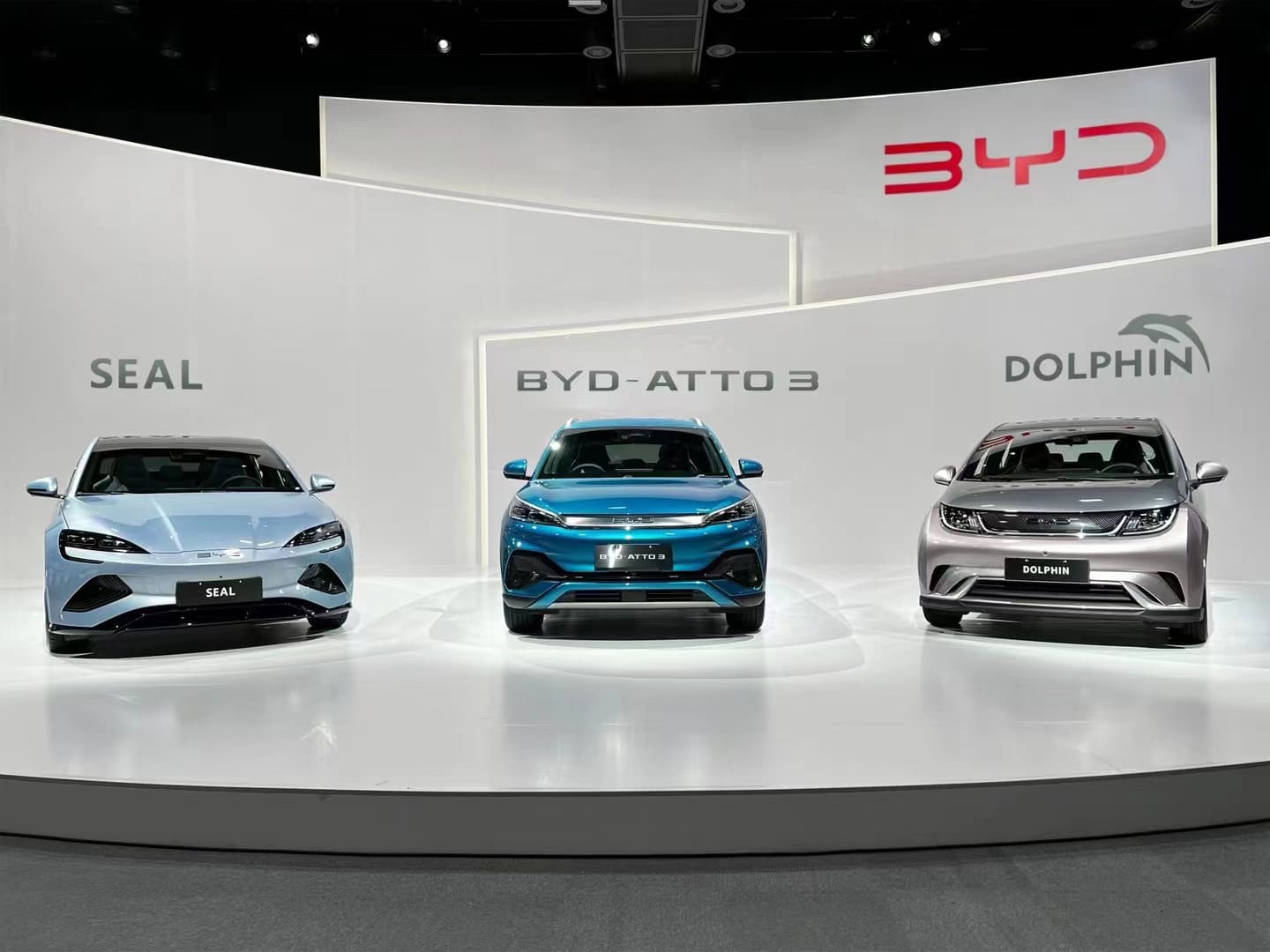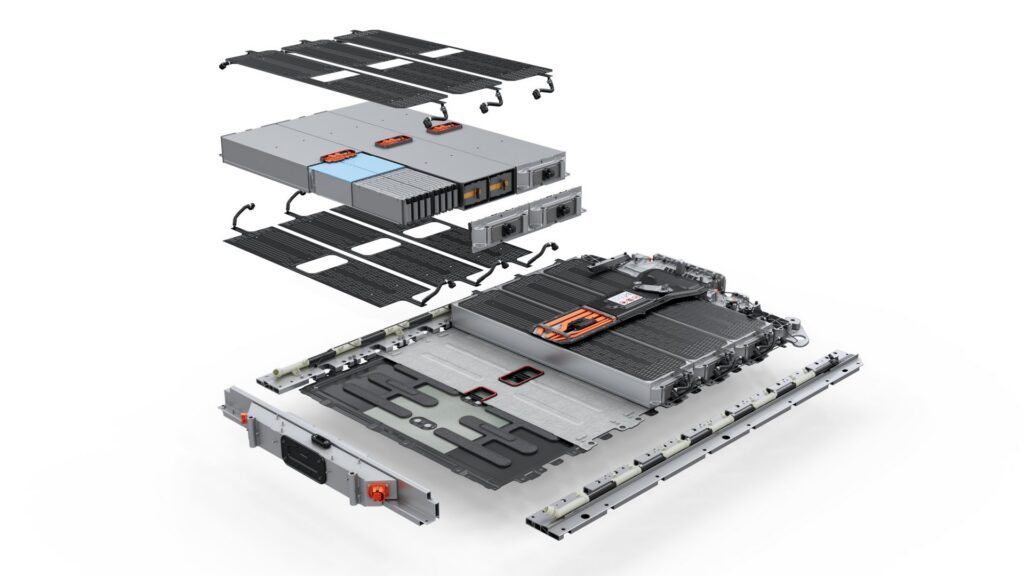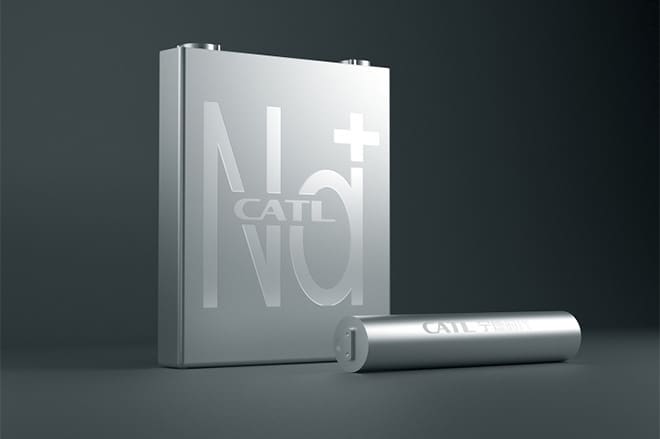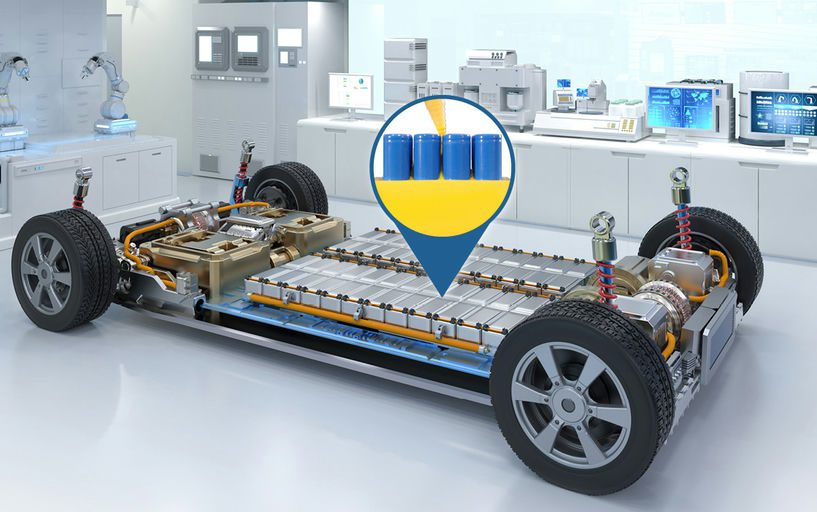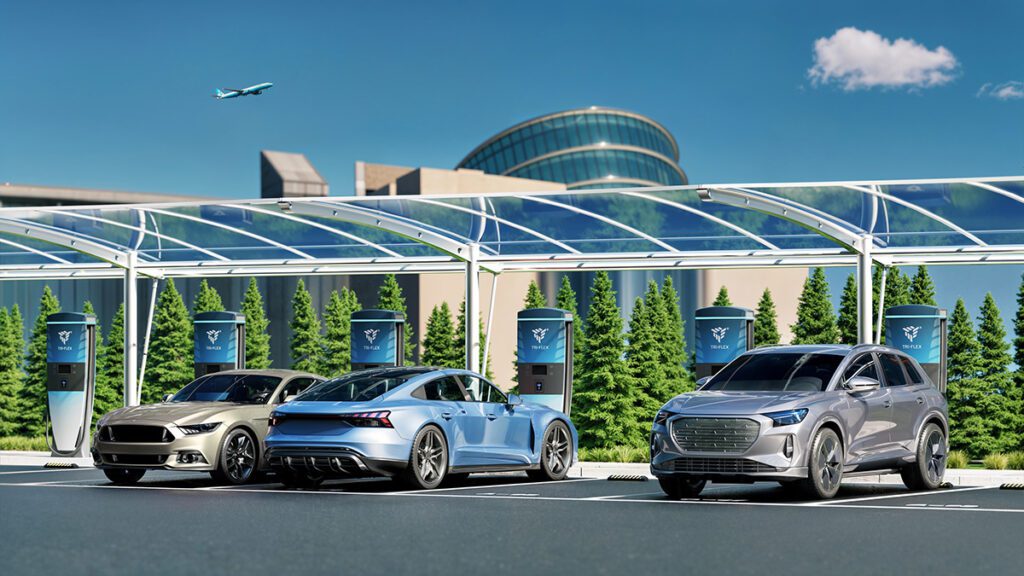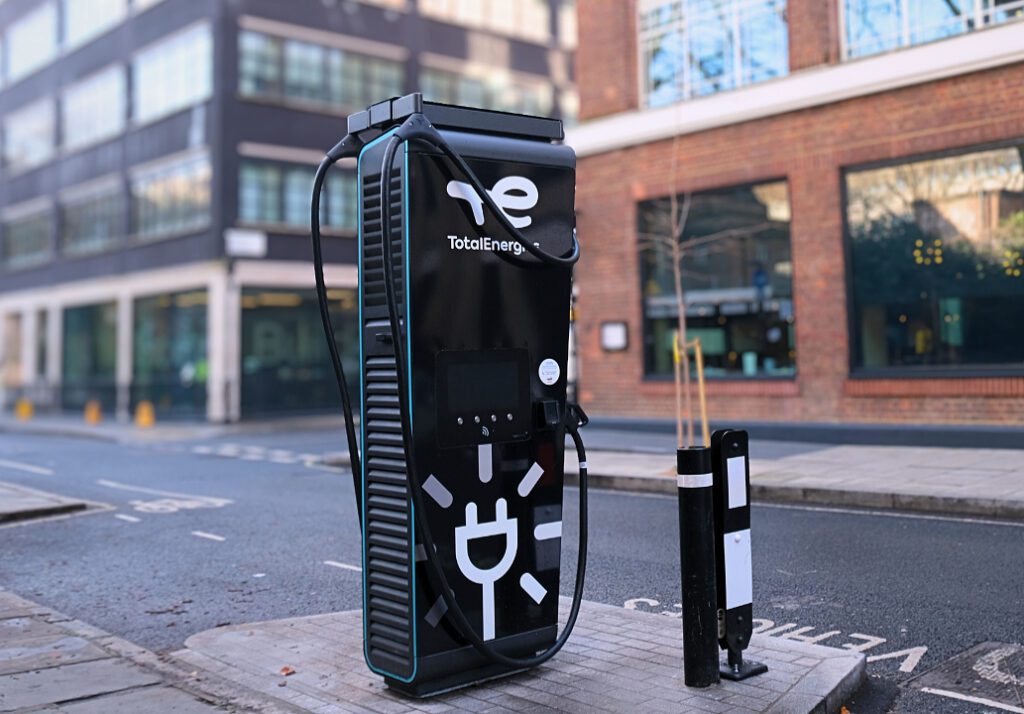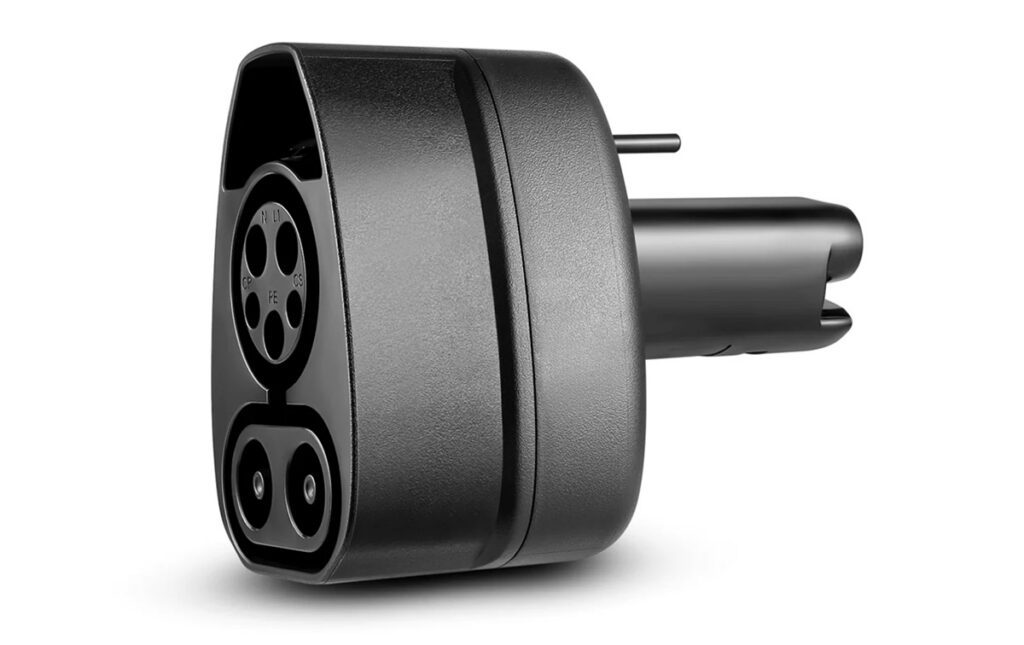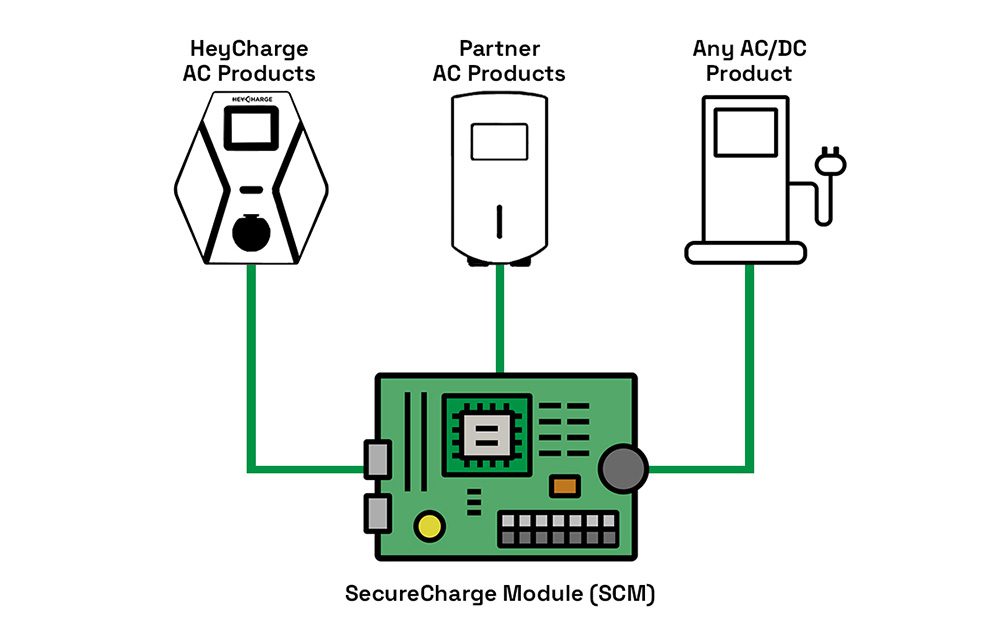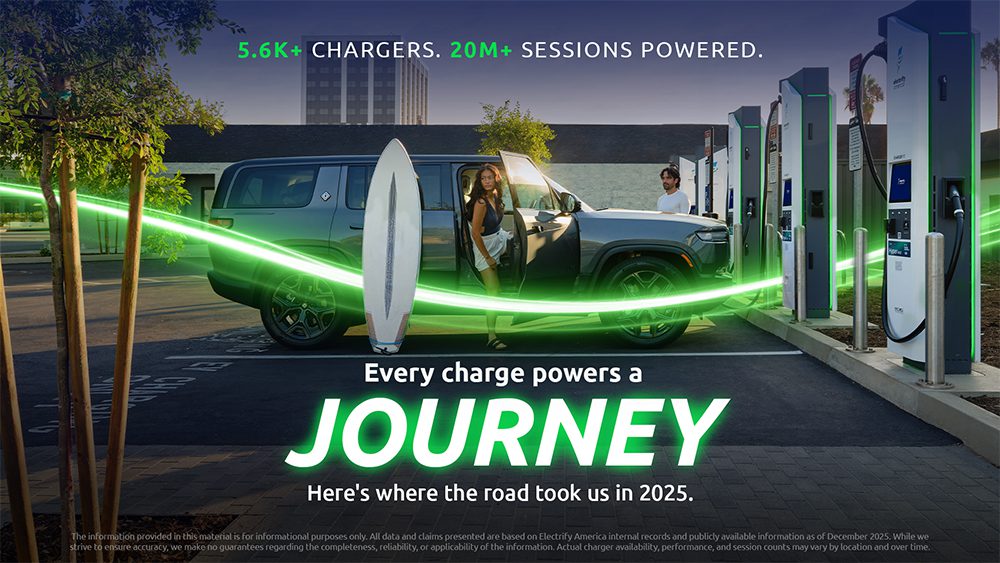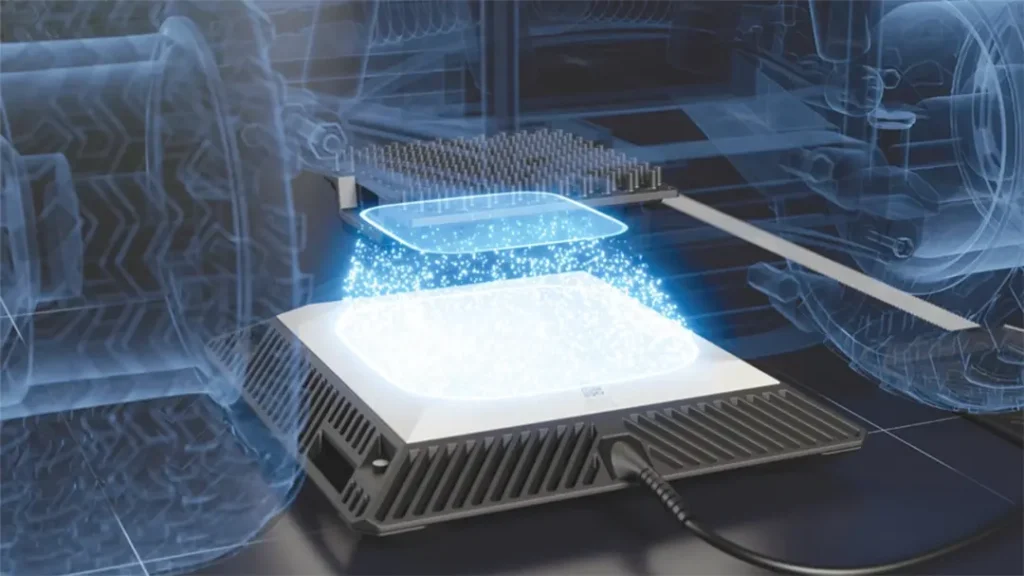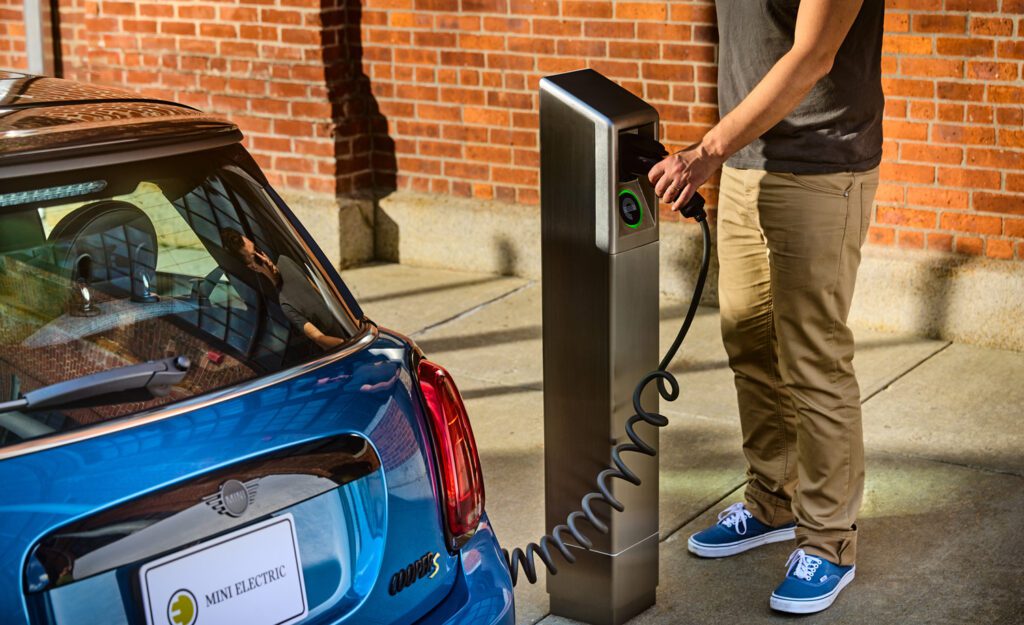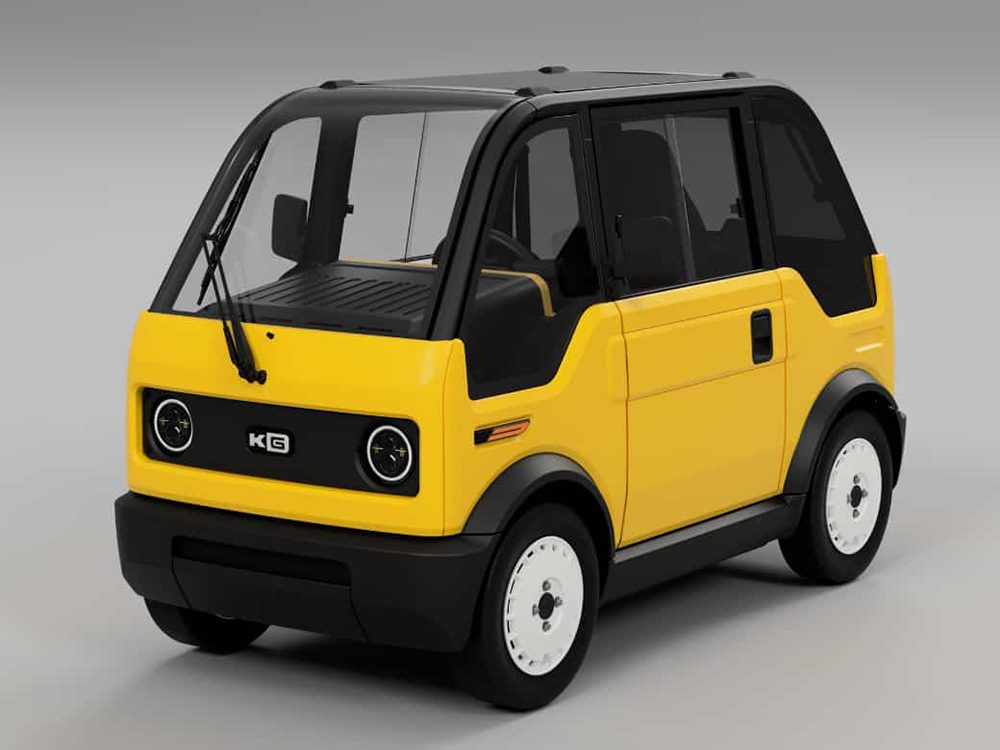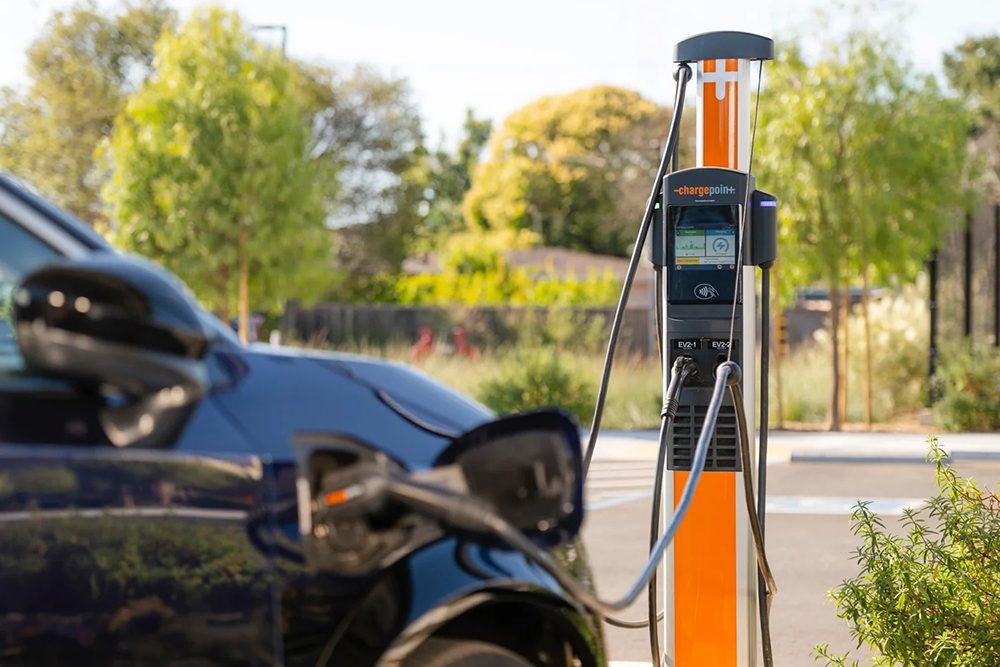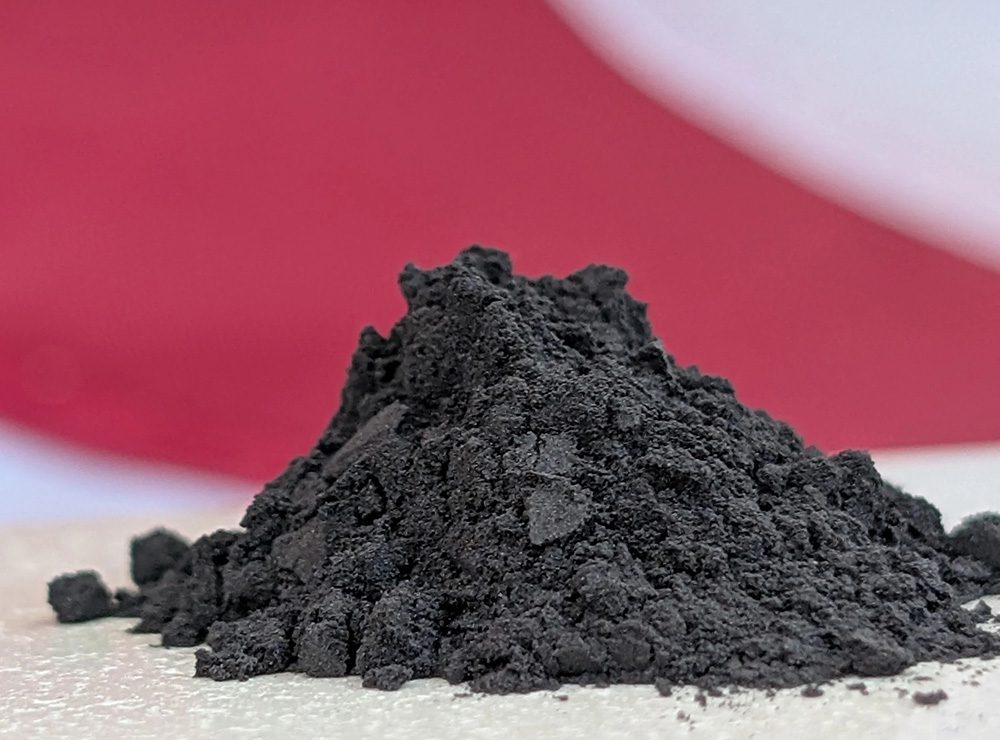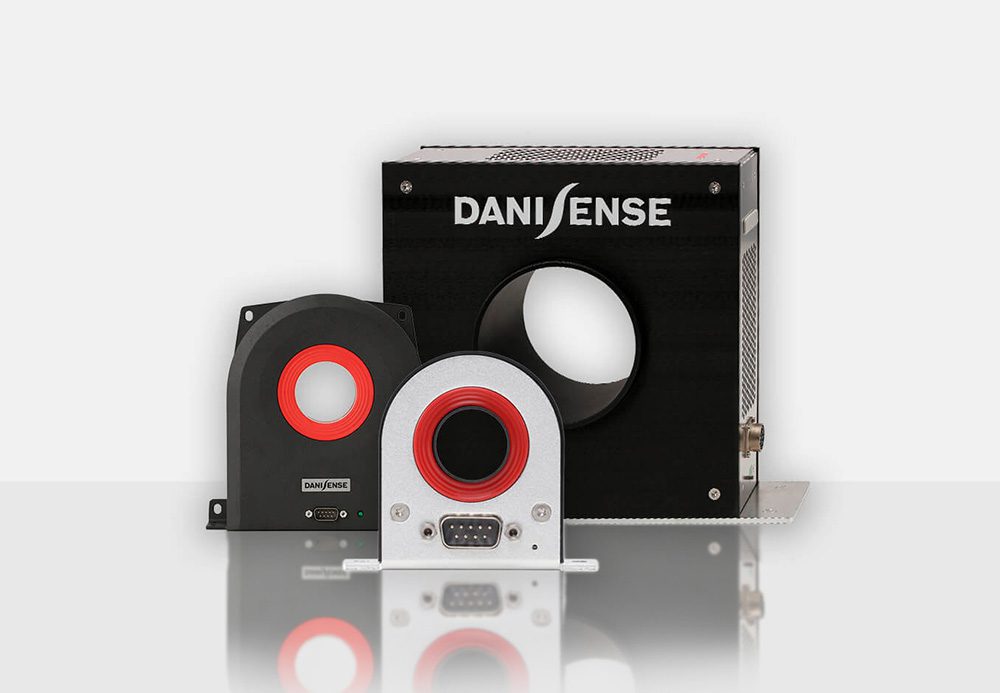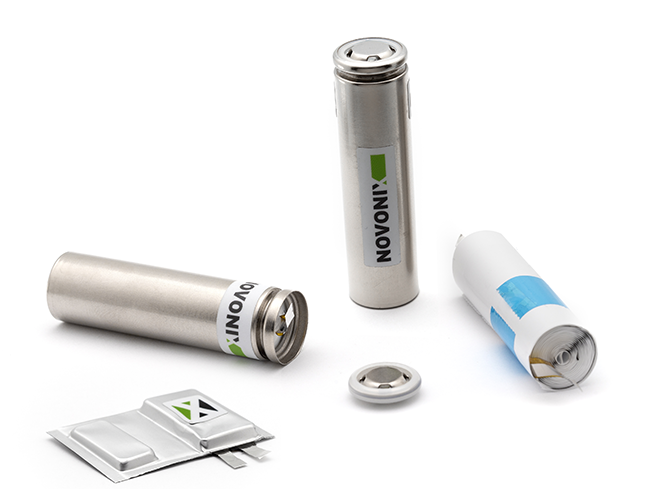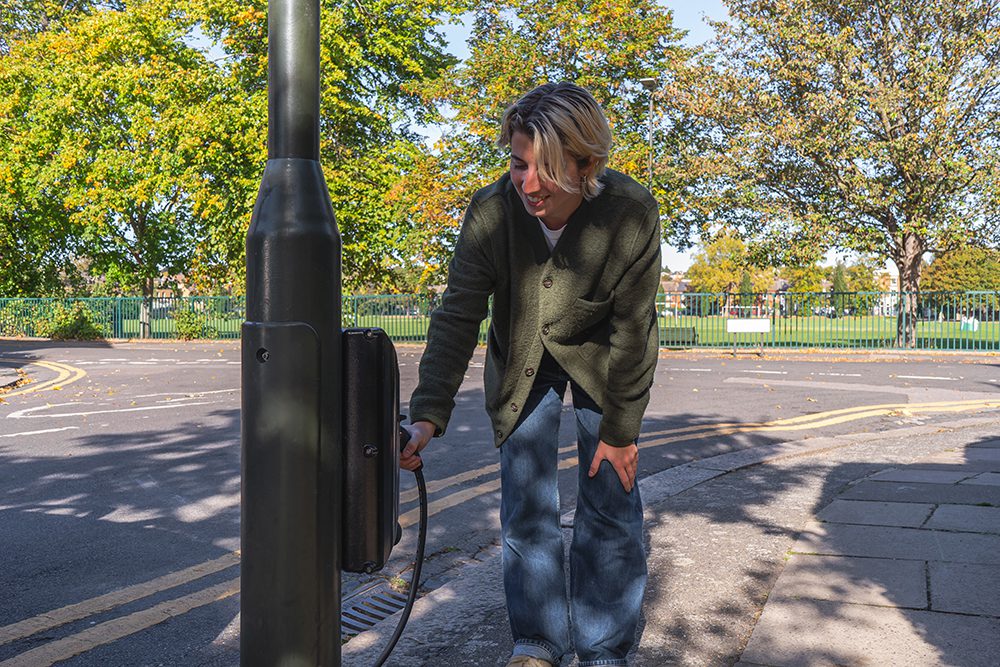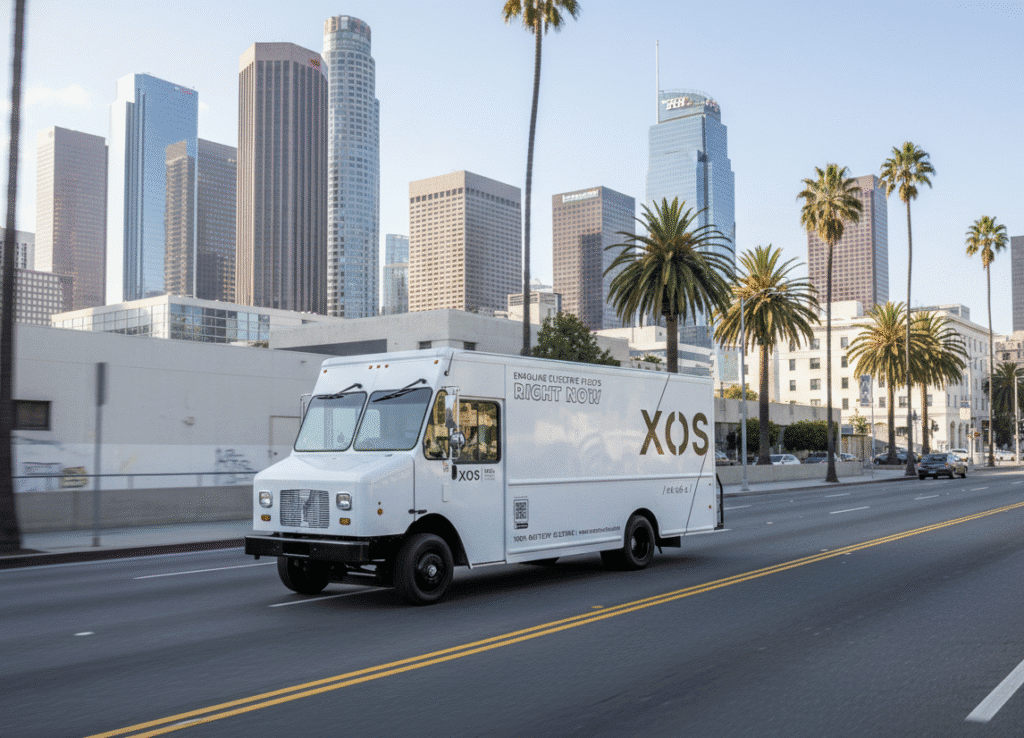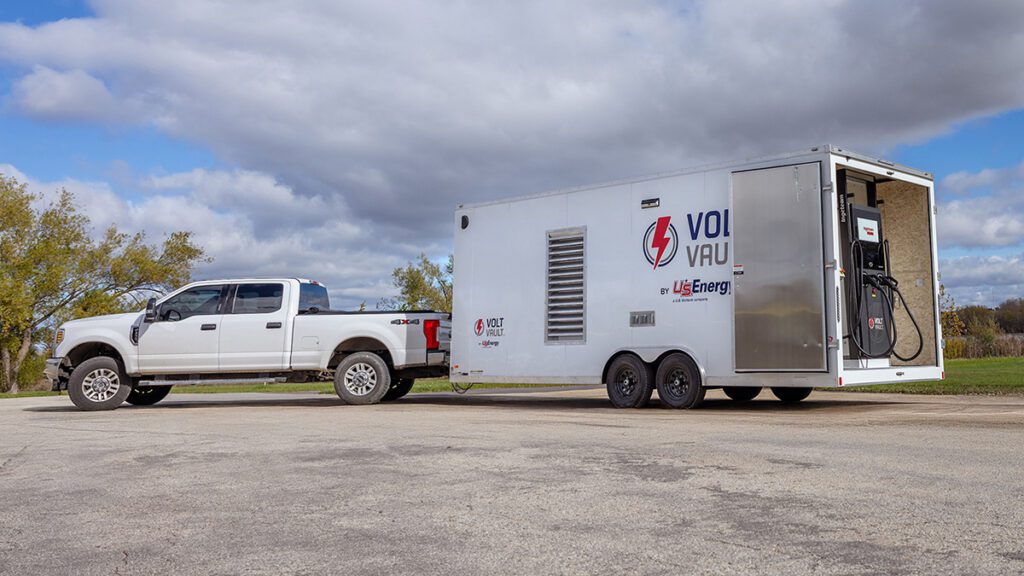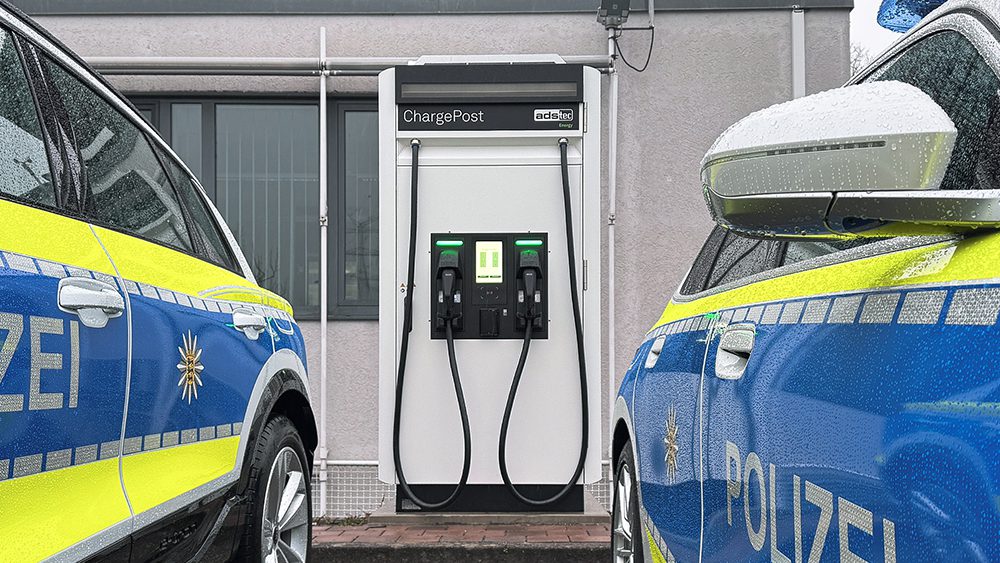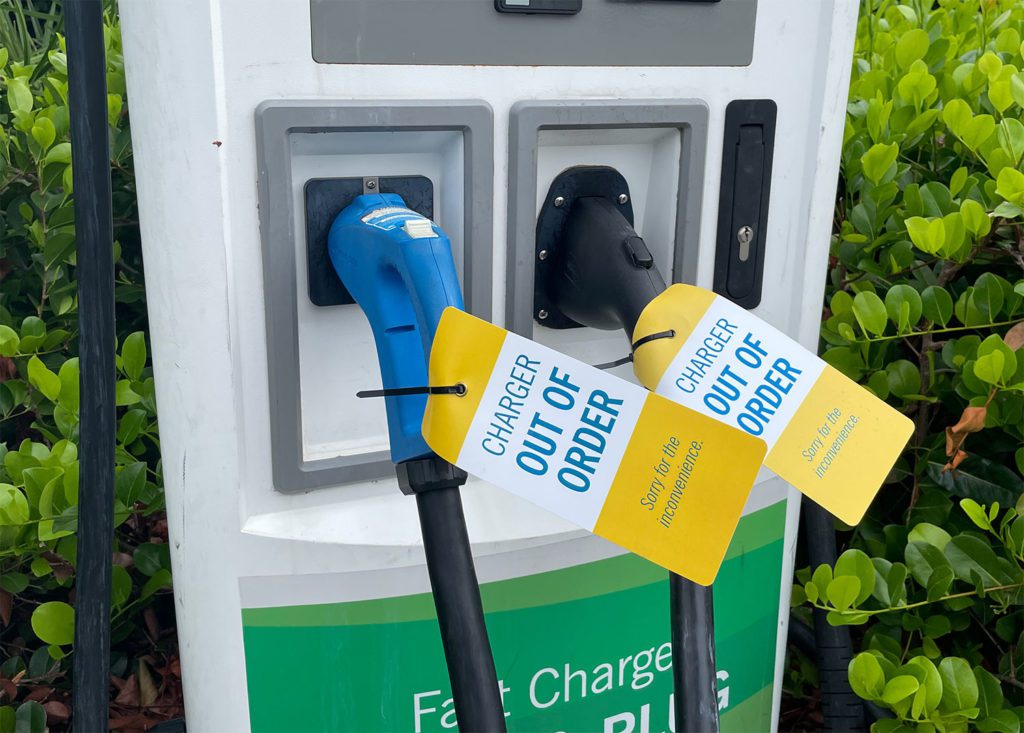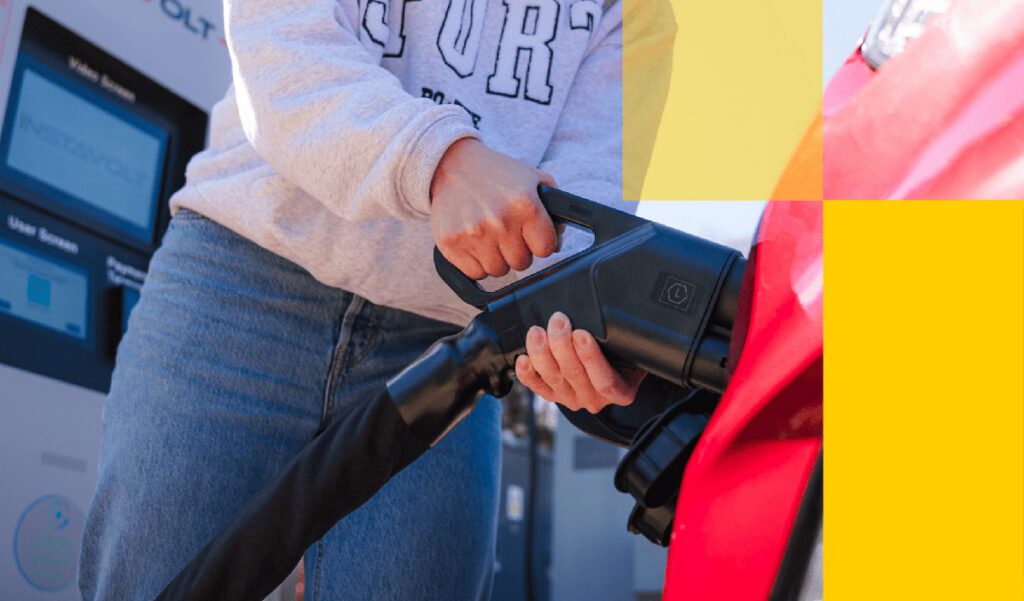It won’t be news to Charged readers that Chinese automakers have lapped “Western” brands in the EV race. The US and EU are erecting tariff walls in a last-ditch attempt to save domestic automakers from their decade-long failure to adapt, but they have no control over what happens outside their borders. Markets in Asia, South America and Africa may be small compared to North America and Europe, but taken together they add up.
Michael Dunne knows as much about China’s auto market and automakers as just about anyone out there. In a recent article, he warns that China has launched “a global car blitzkrieg” that puts American, European and Japanese automakers’ status as global companies in grave peril.
China will export some six million cars to over a hundred countries this year, making it the world’s #1 auto exporter. The average price of these made-in-China cars is $19,000, less than half the average price in North America or Europe. (An often-overlooked point is that these are not just EVs—the Chinese are exporting gobs of gas-guzzlers too.)
In Thailand, Japanese brands have dominated for decades, with a market share around 90%. Now every Japanese firm is seeing sales shrink. Honda recently closed a plant in Thailand, and Suzuki has exited the market altogether. Meanwhile, BYD’s market share has grown to 5%. A veteran Bangkok car dealer recently told Dunne that he’s getting quotes from Chinese automakers all the time. One offered to deliver a replica of the Ford Territory for $8,000. (The real Ford Territory sells for $32,000 in Thailand.)
In Brazil, the world’s sixth-largest car market, Chinese automakers delivered 175,000 cars in the first half of 2024. Chevy, Jeep and Fiat collectively saw their Brazilian sales shrink by 125,000 over the same period. An exec from a dealer group in Sao Paulo told Dunne that “aggressive pricing and good products” from Chinese brands are paving the way for more growth.
“Japanese, European and American competitors appear to have no response,” writes Dunne. “They are confused and overwhelmed by the speed and strength of the Chinese offensive.”
China’s onslaught is fueled by a number of factors, including subsidies at all levels of the supply chain and manufacturing capacity far greater than what’s required to serve the domestic Chinese market (the “unfair trade competition” that Western governments cite to justify increased tariffs). Automakers BYD and SAIC even have their own roll-on/roll-off ships to transport their cars around the world.
Mr. Dunne concludes his latest article with “the question of the year: If China can jump from 1 million exports in 2020 to 6 million in 2024, what is to stop China from shipping 12 million annually by 2028…and shattering 100 years of Western car dominance?”
Source: Dunne Insights







